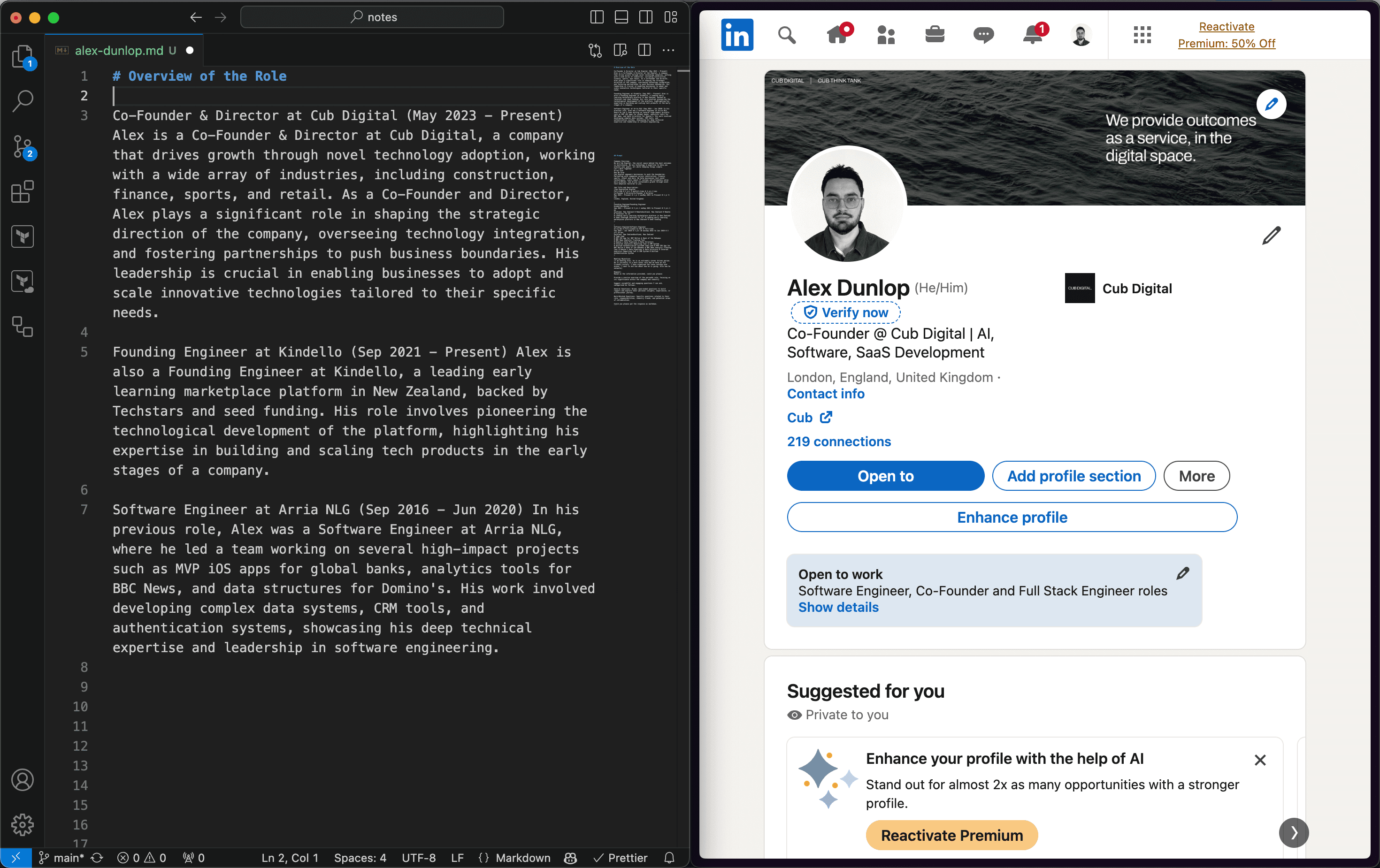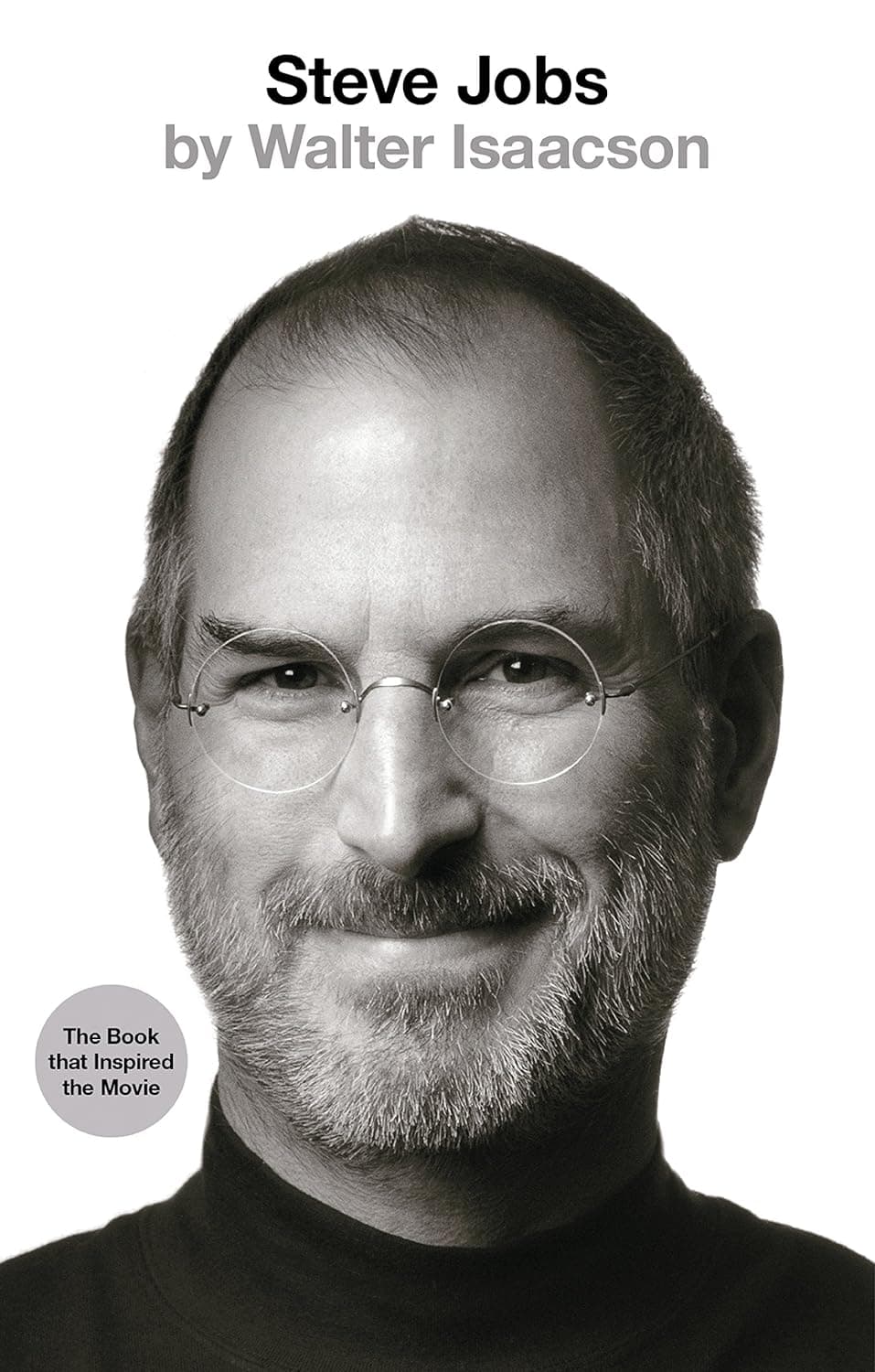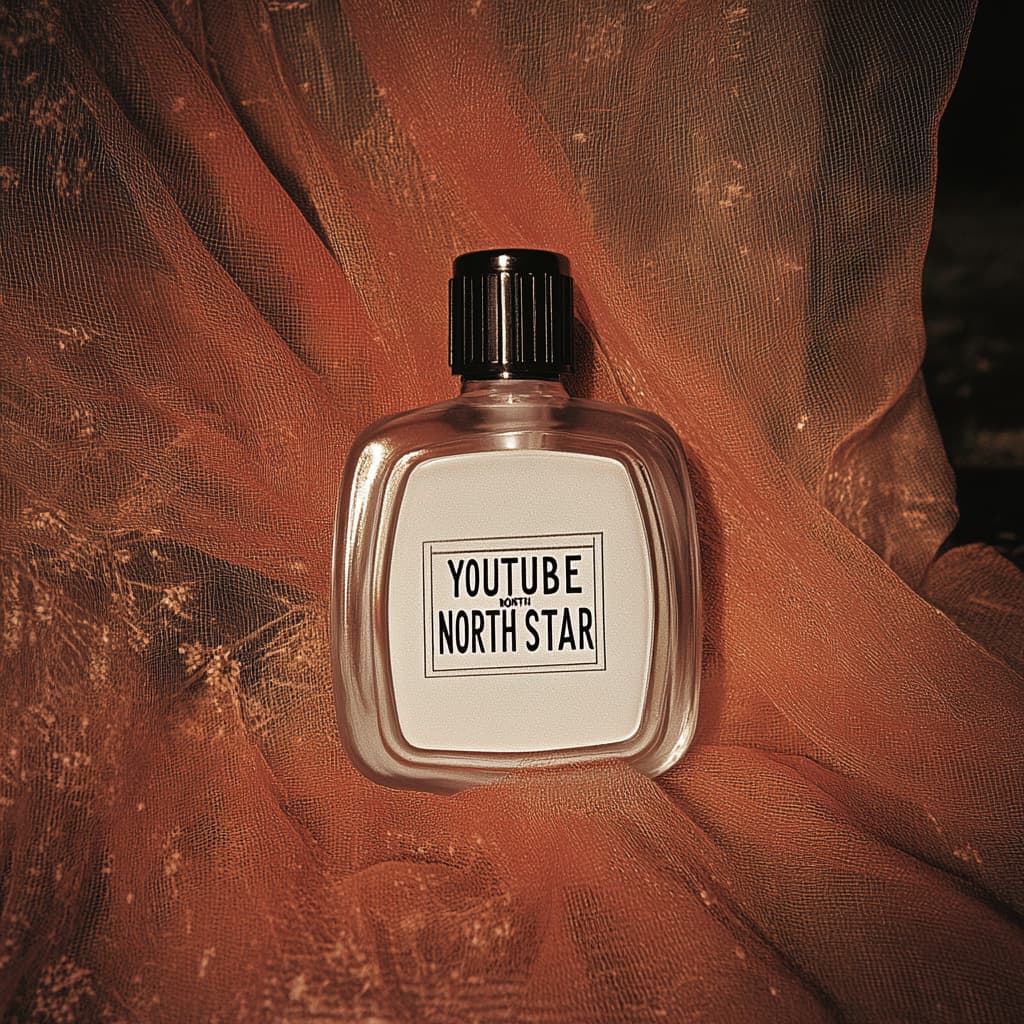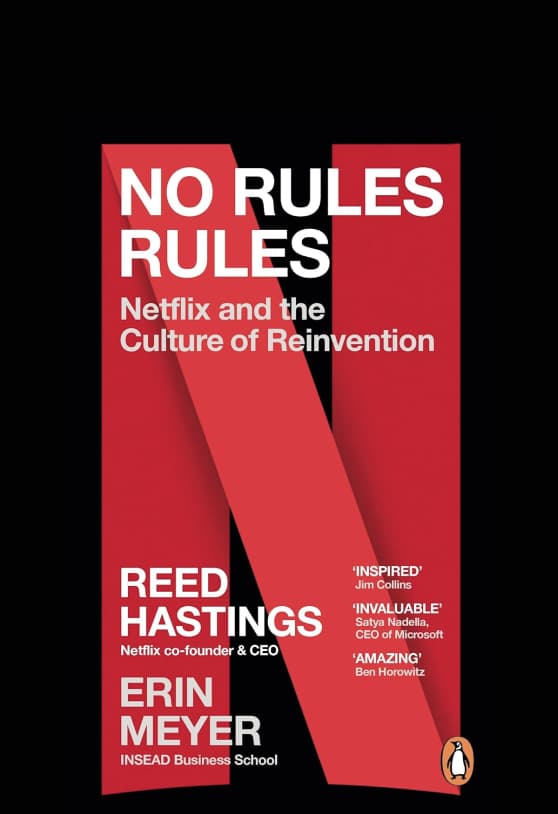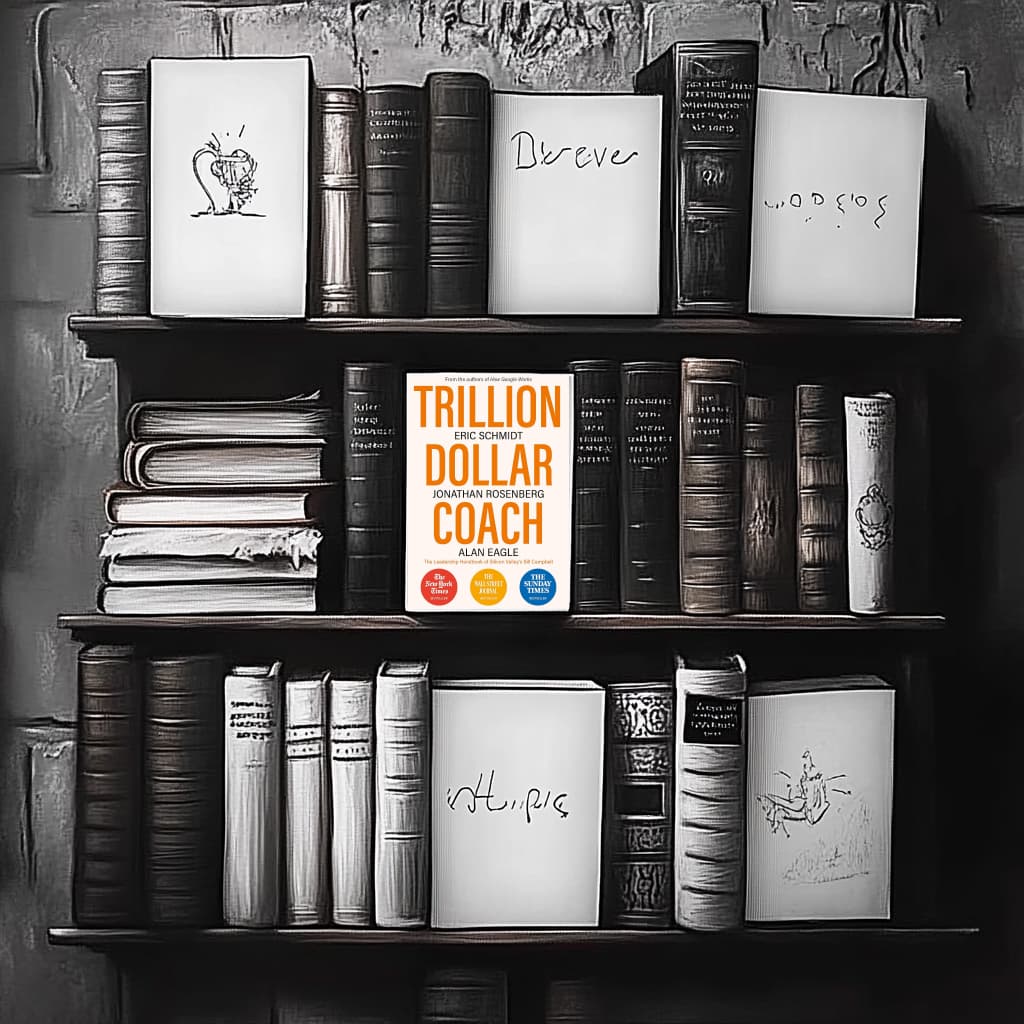GET THE #1 EMAIL FOR EXECUTIVES
Subscribe to get the weekly email newsletter loved by 1000+ executives. It's FREE!
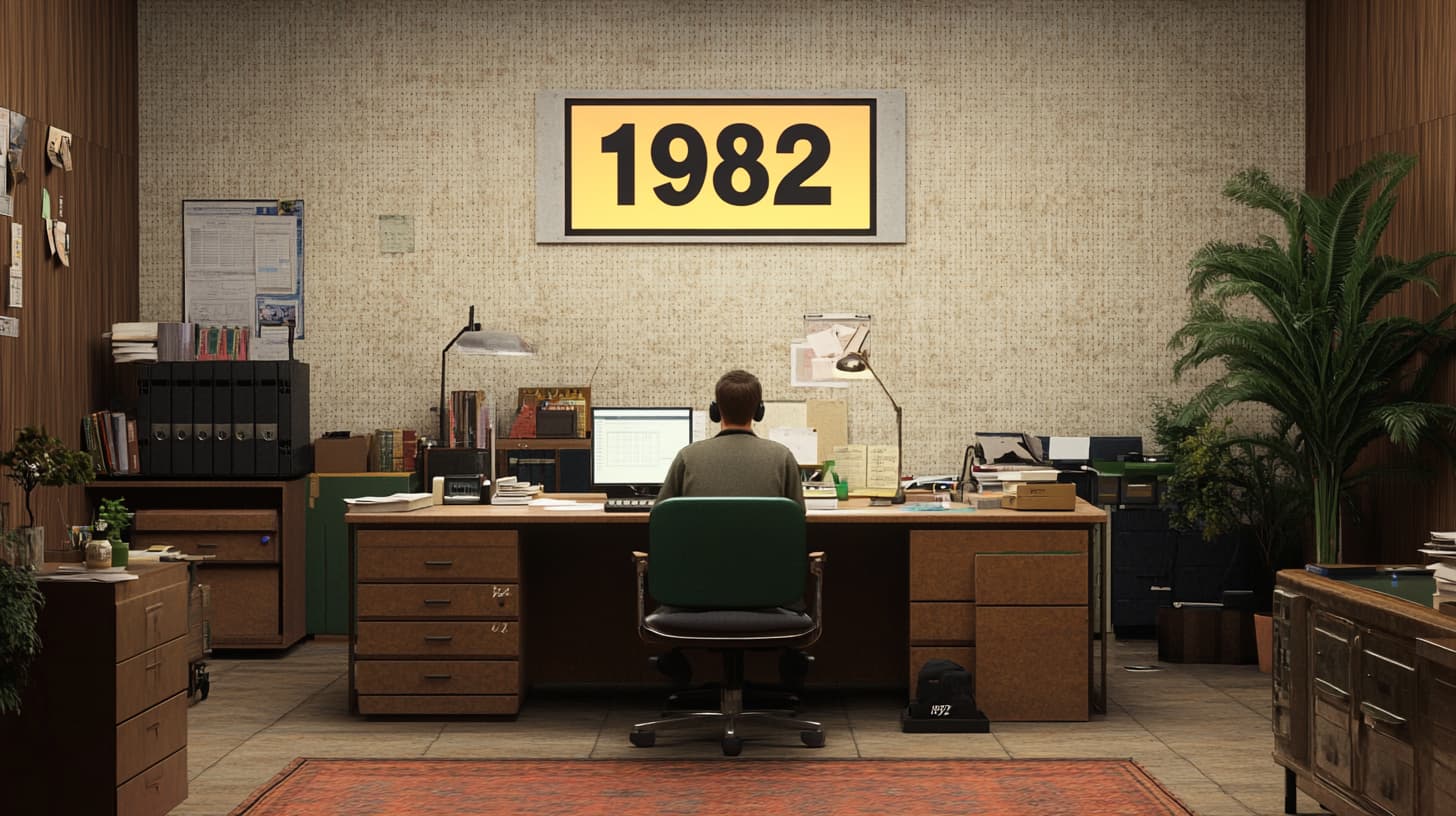
1982 - a year before the internet started
In 1982 if you wanted to talk to somebody you had to call them on the phone.
If you wanted to know something you had to go to the library.
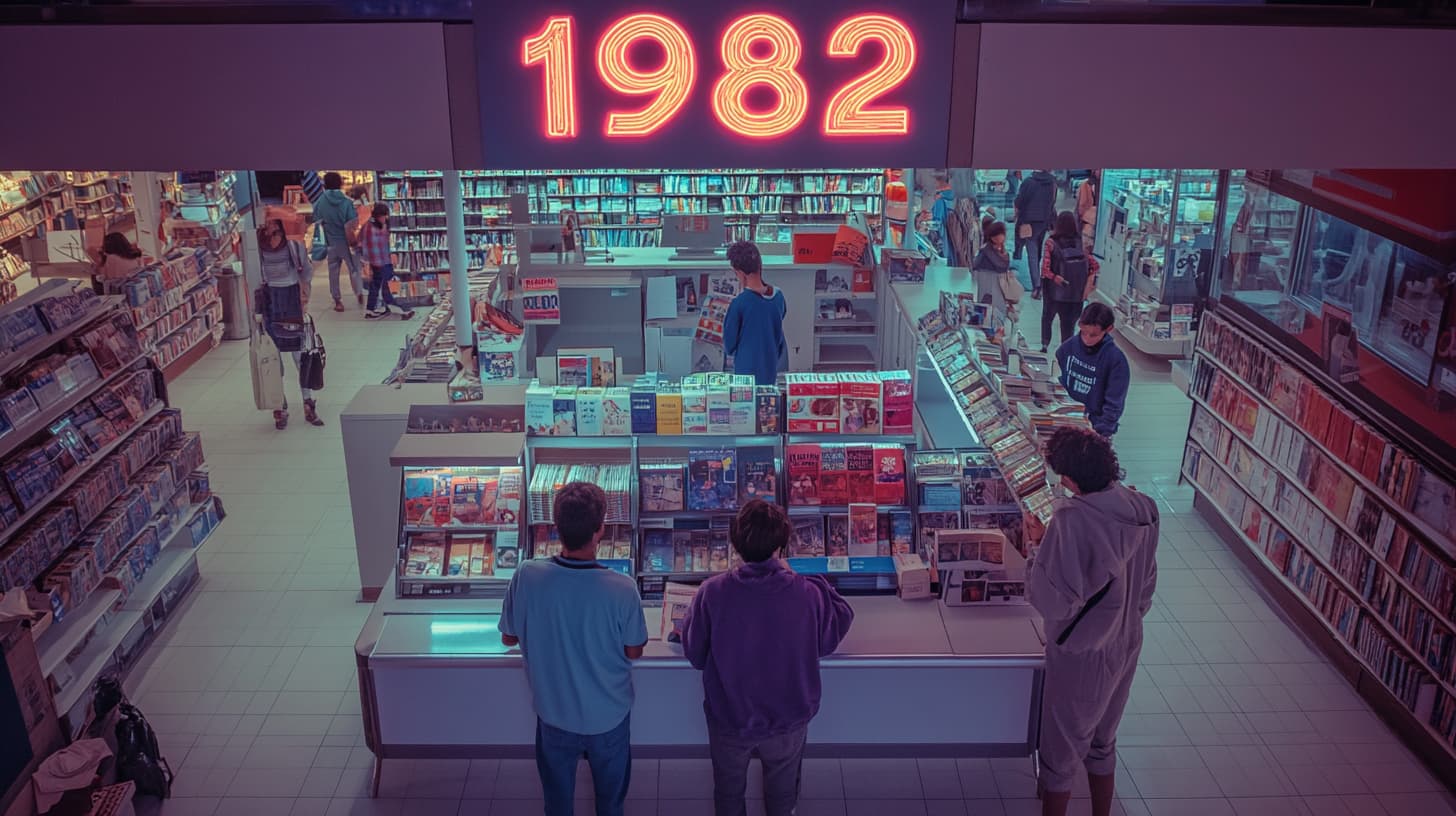
If you wanted to buy something, you had to go to the store.
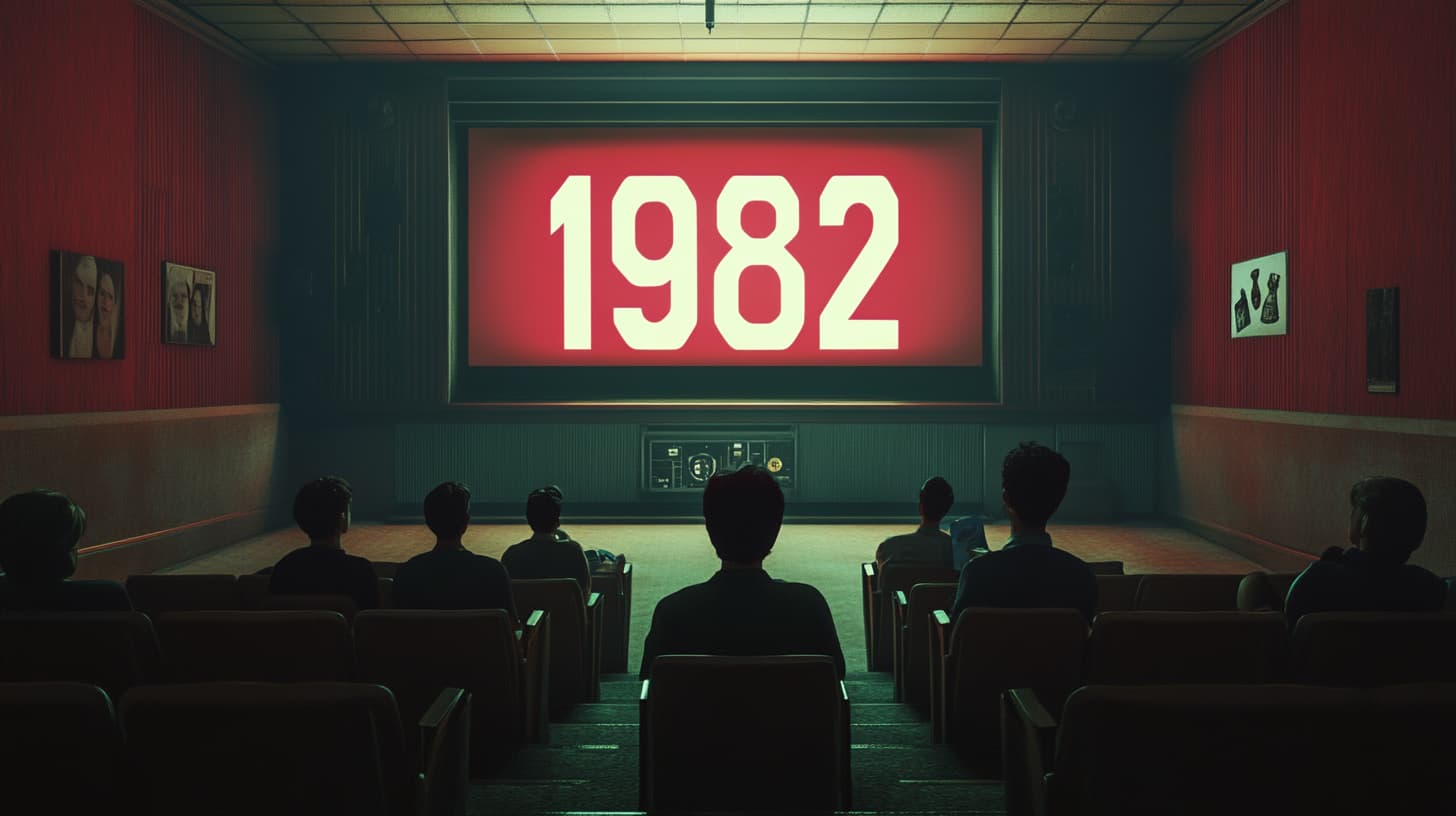
If you wanted to watch a movie you had to go to the cinema.
The world had a lot of latent demand built up:
- For example, people wanted to talk to their family and friends more often, but it was too expensive to call long distance.
- People wanted to know more about the world, but it was too expensive to buy a set of encyclopedias.
- People wanted to watch movies, but it was too expensive to go to the cinema every night.
- People wanted to buy things, but it was too expensive to go to the store every day.
People were incredibly excited about this technology and its potential to change the world.
I predict the Internet will soon go spectacularly supernova and in 1996 catastrophically collapse.
Robert Metcalfe, the inventor of the Ethernet, 1995
Sometime around the middle of this decade - no one is sure exactly when - executives on the go will begin carrying pocket-sized digital communicating devices.
Peter Lewis, New York Times, 1992
A slow start?
Then why is it that 12 years later, the world seemed to be...
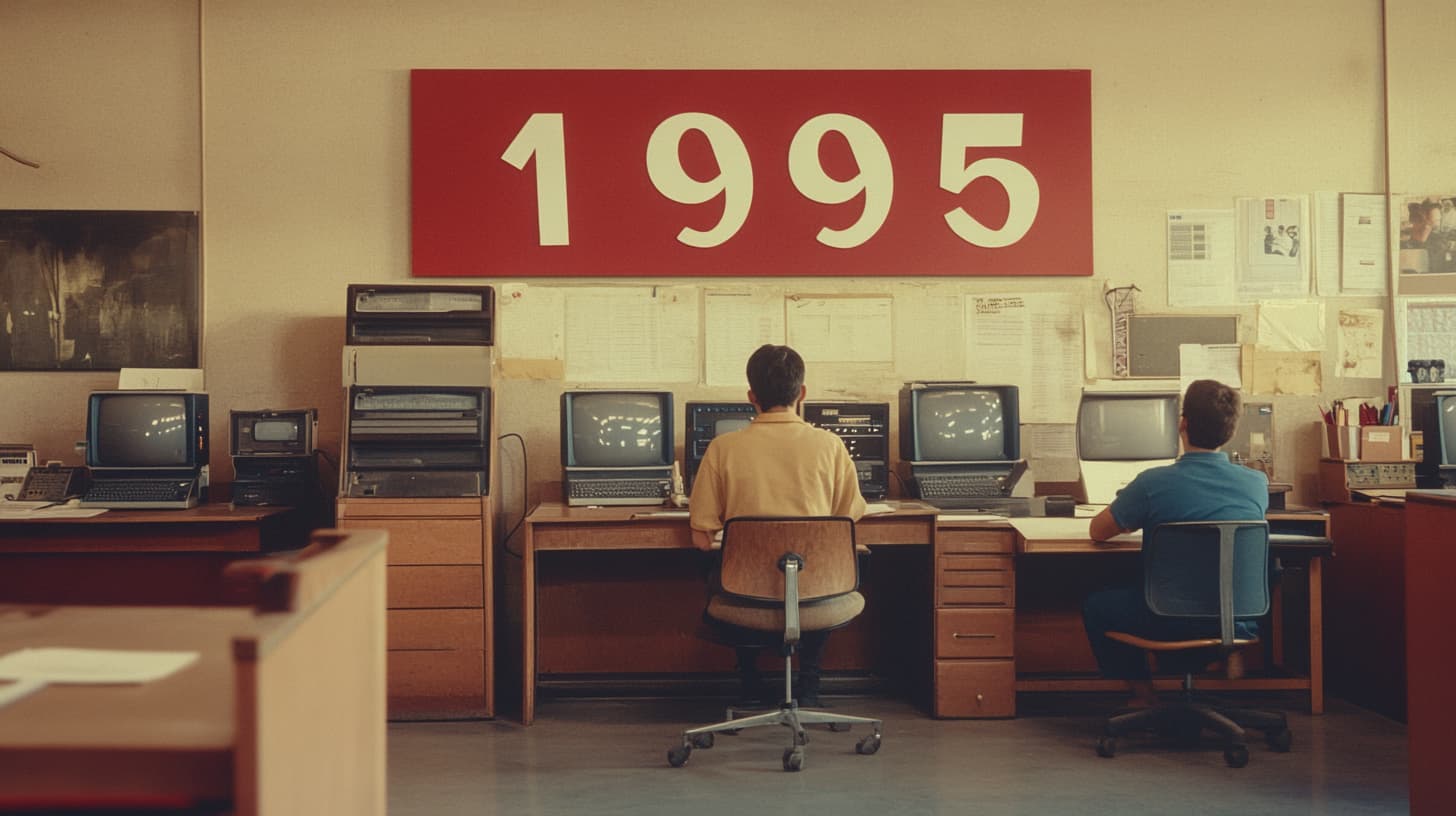
Exactly the same?
To paint the picture of just how different the world was in 1995 is quite difficult. I browsed on Youtube and found this incredible interview.
It's almost hard to believe that the world was like this.

Bill Gates went on Letterman in 1995 to explain what the internet was...
What's fascinating about this interview is that:
- Letterman actually doesn't have a computer at this point.
Bill Gates tells him that part of his problem is that he has too many assistants!
Bill Gates describes them as human computers.

Bill Gates describes the internet as "a place where people are publishing information so everybody can have their own homepage. Companies are there, the latest information is there. You can send electronic mail to people... it is the big new thing."
Letterman said:
It's easy to criticise something you don't fully understand, which is exactly where I find myself. A couple of months ago, there was a big breakthrough announcement that the internet, or some computer system, was going to broadcast a baseball game, allowing people to listen to it on their computers.



Letterman then jokes:

One of my favourite things about this interview is right at the end, Bill Gates talks about what the future would look like...

7 Years later...
All of this progress and what do we have to show for it?
The New York Times posted a story about a company called Google in 2002...

This critique of the economics of the internet was there since the beginning:
Here is "internet expert" John Allen in 1993:
We’re promised instant catalogue shopping–just point and click for great deals. We’ll order airline tickets over the network, make restaurant reservations and negotiate sales contracts.
Stores will become obsolete. So how come my local mall does more business in an afternoon than the entire Internet handles in a month?
6 Years later...
A breakthrough technology that only the geeks understood and now... 25 since it had passed, the world had changed right?
Right?
I mean, a company called Air Bed and Breakfast had just launched... and now you could...
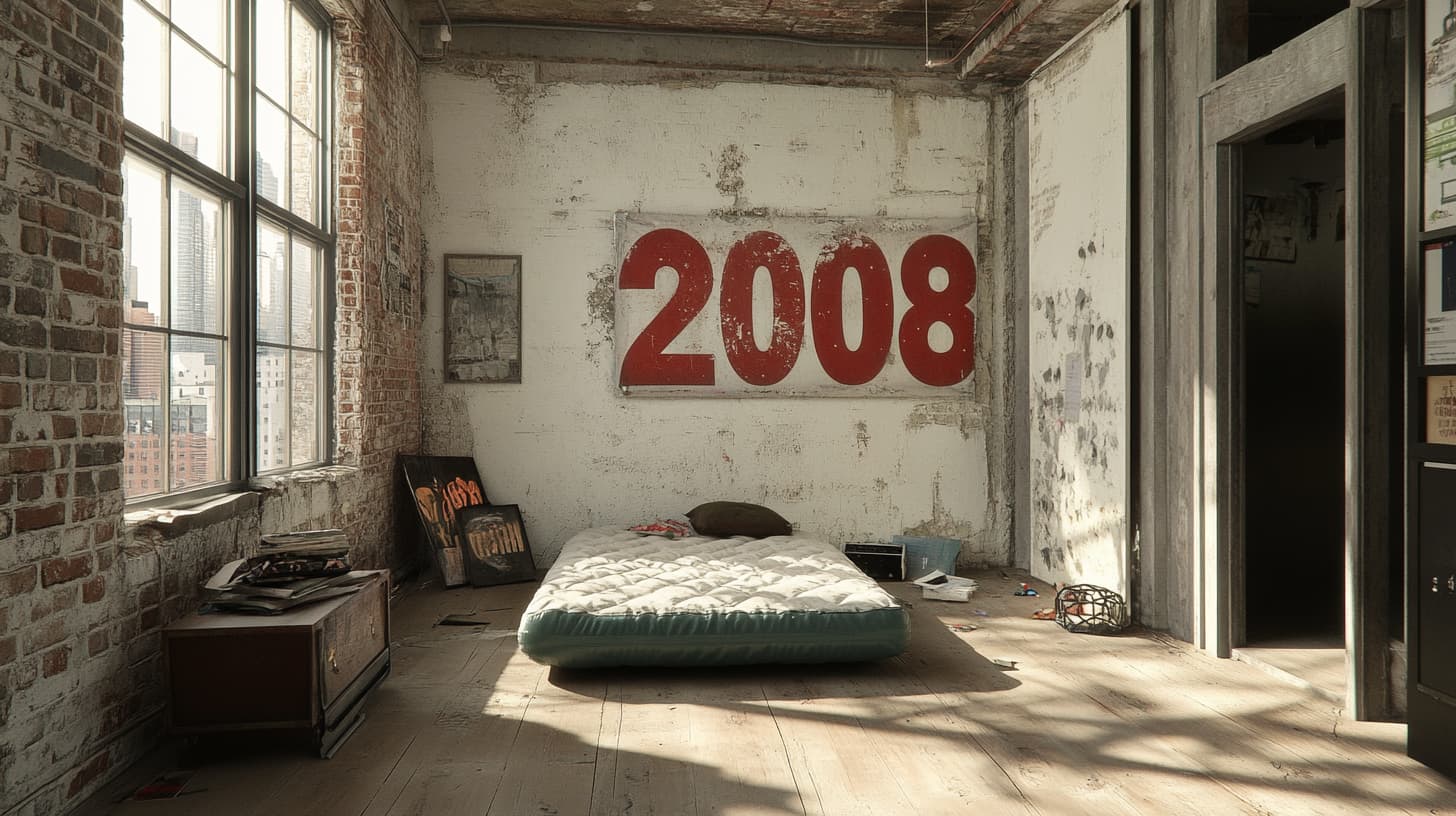
Stay in strangers homes?
Oh but at least a company called Netflix made it so that now you could stream movies online! Now we're talking.
Except for the simple fact that it took...
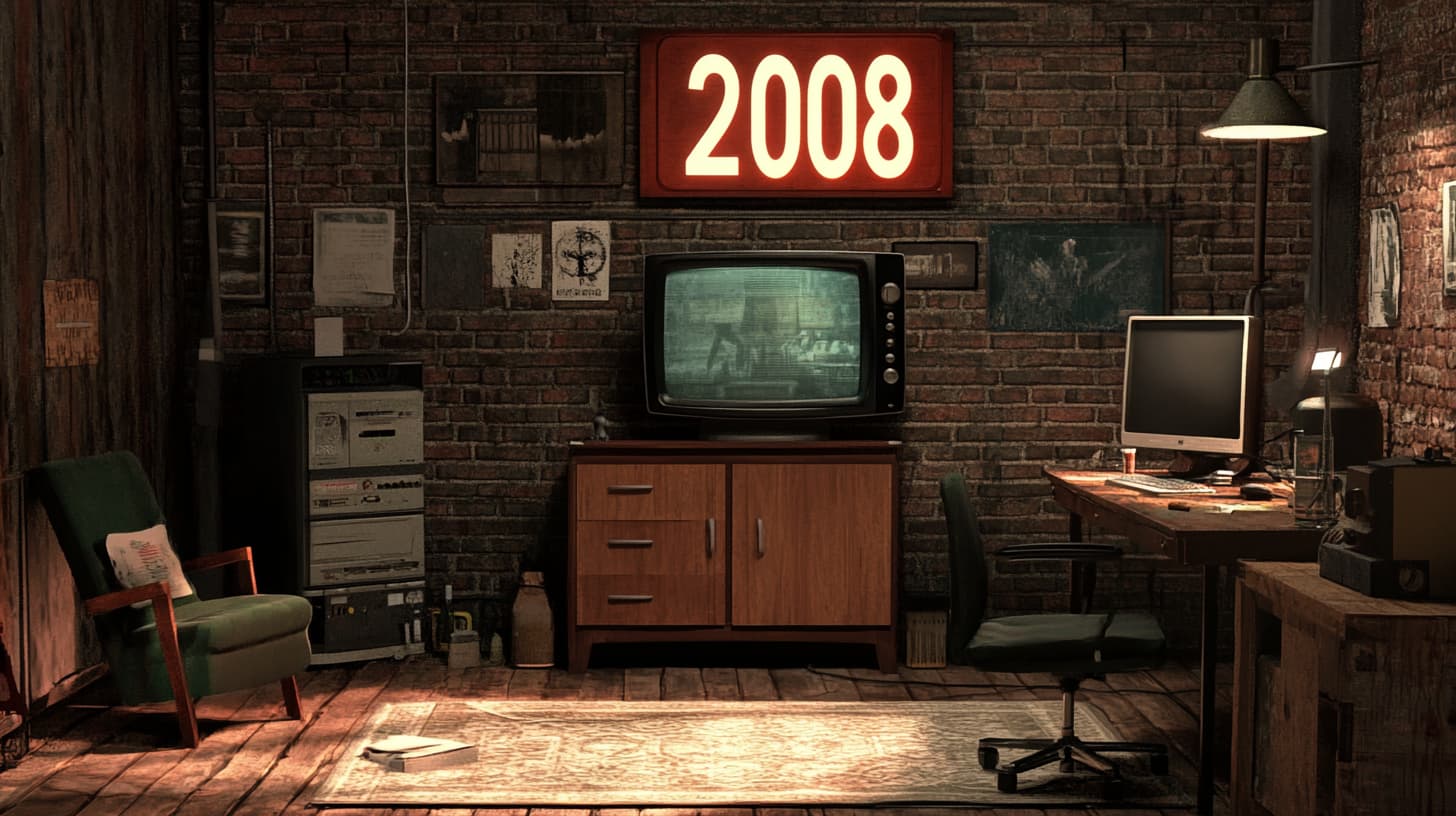
4 hours to download a movie?
So we have this strange phenomonen, where people seem to hype something up when it starts and then ignores the progress made as time goes on.
Welcome to Amara's Law:

Going back through this memory lane has made me realise a couple of things:
- It was only in 2019 that we got 5G internet!
- The internet has only really started hitting it strides in the last 10 years.
- The technologists were right, the internet has changed everything and it was the big new thing. It probably makes sense to respect what they are saying now.
So what does Bill have to say about it
Upon seeing a demonstration by Open AI in 2022 he said this about it

I like the title of his article - "The Age of AI has begun"
AI in my opinion is having a far more disruptive effect than the internet.
- It's not just a new way of doing things, it's a new way of thinking.
- It's allowed me to do things that I never thought possible.
- It's allowed our team to effectively double our output without any additional people.
- I can now go from having an idea to seeing it live in a matter of days.
All of that and we are only 4 years into it! (Chat GPT was only released in 2020!)
AI gets to piggyback off the internet and the long term exponential trends.
This book is interesting, painting a picture of 2045
Given that we've established all these connections and the rate at which things are being disrupted now, it's interesting to think about what the world will look like in 2045.
In the meantime, before you critique AI, just remember, you might sound like David Letterman did in 1995.



